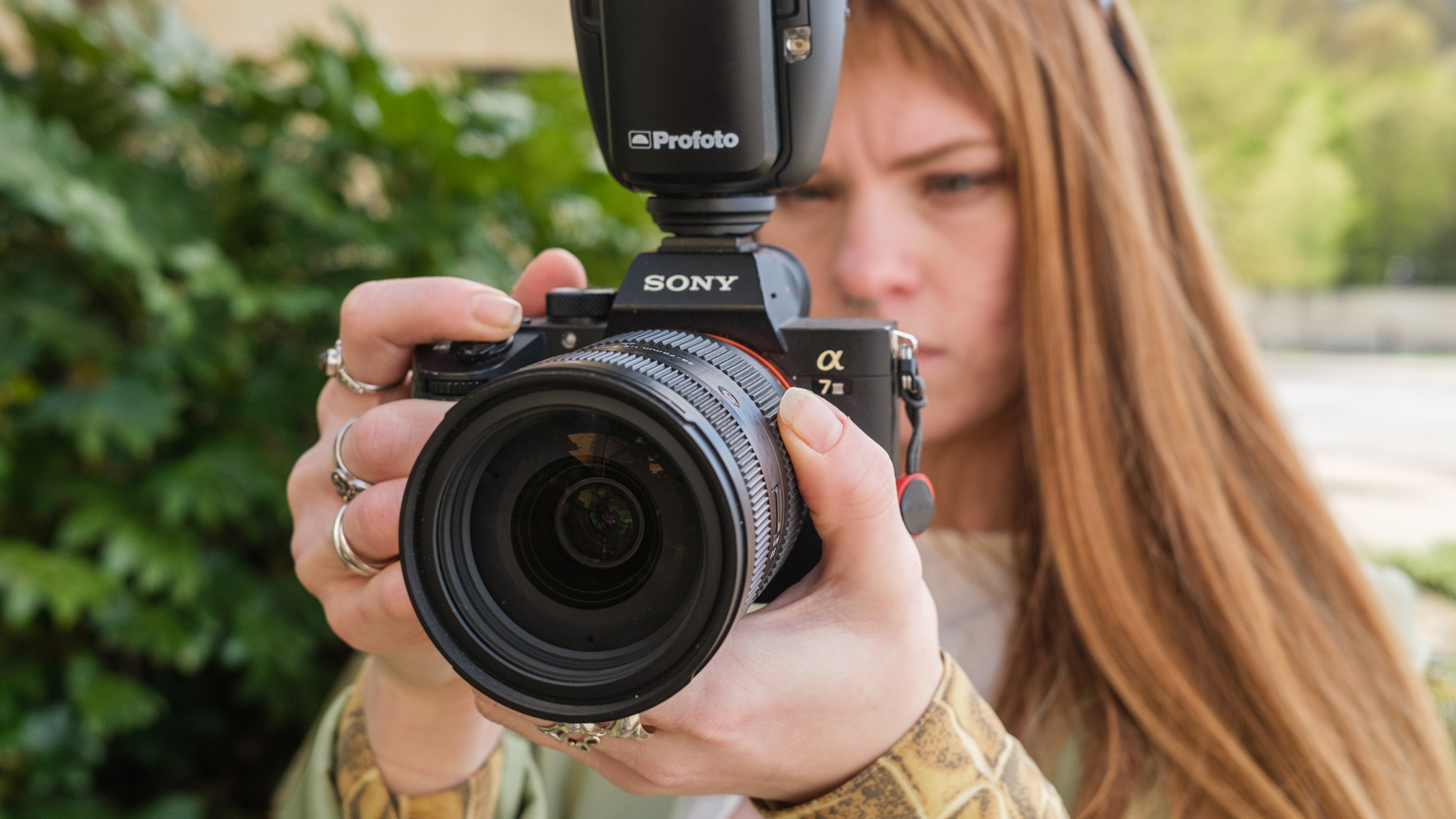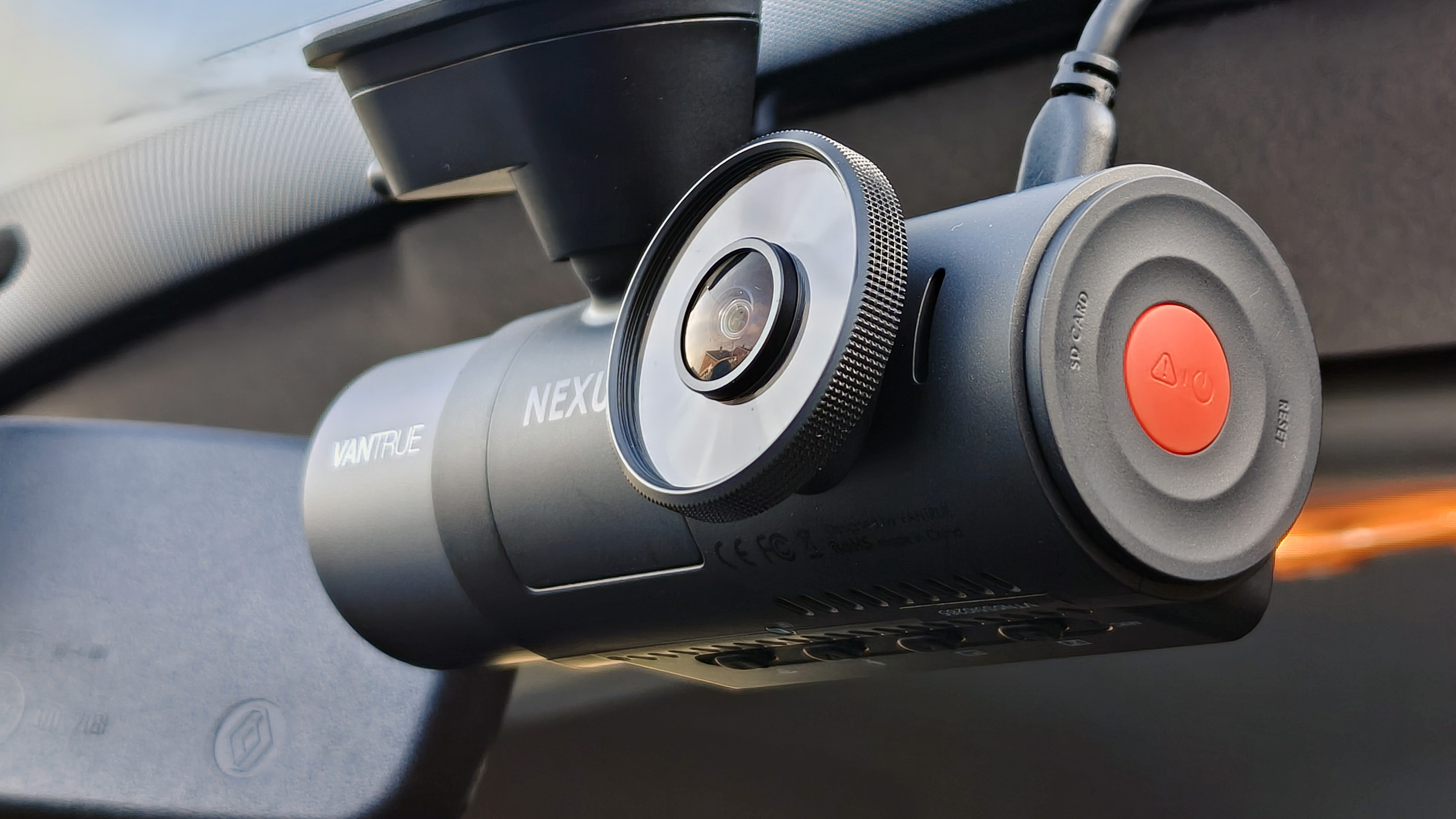Canon and Nikon have delivered eye-detect and 8K over firmware. Sony? Almost nothing...
I'm starting to get fed up with Sony's firmware lacklustre firmware updates – who really cares about minor bug fixes?

The best camera deals, reviews, product advice, and unmissable photography news, direct to your inbox!
You are now subscribed
Your newsletter sign-up was successful
It’s hard to get excited over firmware – especially when all it seems to offer is big fixes. However, Canon and Nikon have completely revolutionized the way we think about firmware since they started releasing updates that added exciting new features to pre-existing models such as eye-detect and 8K video (which to be fair was promised in the Z9 from the very start). So here is my question to Sony, why are you not doing more to keep up with the other two leading big brands?
Sometimes I regret buying my Sony A7 III - not because it isn’t a great camera (although the IBIS on the Panasonic Lumix S5 is far superior) but because I feel let down by Sony's support. In all honesty, I’ve stopped bothering to update the firmware now because it never seemed to do much anyway. I’ve never had any real issues with my camera so there’s been nothing to fix. But it is now five years old and since the camera world advances so quickly, it’s starting to fall behind. I personally don’t need it to be any faster or have any of the bells and whistles you find in more recent releases - but if it’s a possibility, it would be nice.
• Check out the best Sony cameras and browse a range of cameras perfect for vlogging, photography, and filmmaking
In Canon’s most recent firmware update, its flagship R3 benefited from some seriously noteworthy updates including panning assist, custom high-speed continuous shooting, full HD video at 240fps, cloud processing for RAW files, and so much more. Meanwhile, the most recent firmware update for Sony (version 1.32) released in May 2023 "fixes an issue where the camera may not start when the mode dial is set to movie" and "improves the operational stability of the camera." Excuse me while I fail to muster any sort of excitement over that announcement.
The main difference between the firmware releases of Canon and Nikon and that of Sony is that Canon and Nikon are actually adding, new, desirable features that improve and sometimes completely change the camera’s abilities while Sony is still using firmware updates to fix pre-existing problems. Once upon a time, that’s all firmware updates were expected to do, but we’ve been shown that they can do so much more. So why isn’t Sony joining in?
Customers who have invested heavily in Sony equipment – especially pros who shoot with the Sony A1 – have previously aired their frustrations over the company’s outdated firmware strategy. When you drop thousands of dollars on a system, you expect to be fully supported. Still, it would seem that, despite the complaints that started almost a year ago, Sony hasn’t been very proactive in stepping up the game and giving people what they called for: firmware updates that deliver.
If Sony continues to ignore the issue or point blank refuses to evolve, professionals will start moving over to alternative systems where they feel their money is being better sent. Adding longevity to a camera system through firmware updates is seemingly easy enough for Canon and Nikon so the technology is there and if Sony is choosing not to opt in in the hope people will buy the latest camera I’m afraid that isn’t a brand I want to remain loyal.
The best camera deals, reviews, product advice, and unmissable photography news, direct to your inbox!
It’ll likely be a while before I upgrade my camera but with this in mind, I’d be looking to jump brands and start again.
Also check out the best mirrorless cameras with offerings from Sony, Nikon, Canon, and more.

Having studied Journalism and Public Relations at the University of the West of England Hannah developed a love for photography through a module on photojournalism. She specializes in Portrait, Fashion and lifestyle photography but has more recently branched out in the world of stylized product photography. Hannah spent three years working at Wex Photo Video as a Senior Sales Assistant, using her experience and knowledge of cameras to help people buy the equipment that is right for them. With eight years experience working with studio lighting, Hannah has run many successful workshops teaching people how to use different lighting setups.
